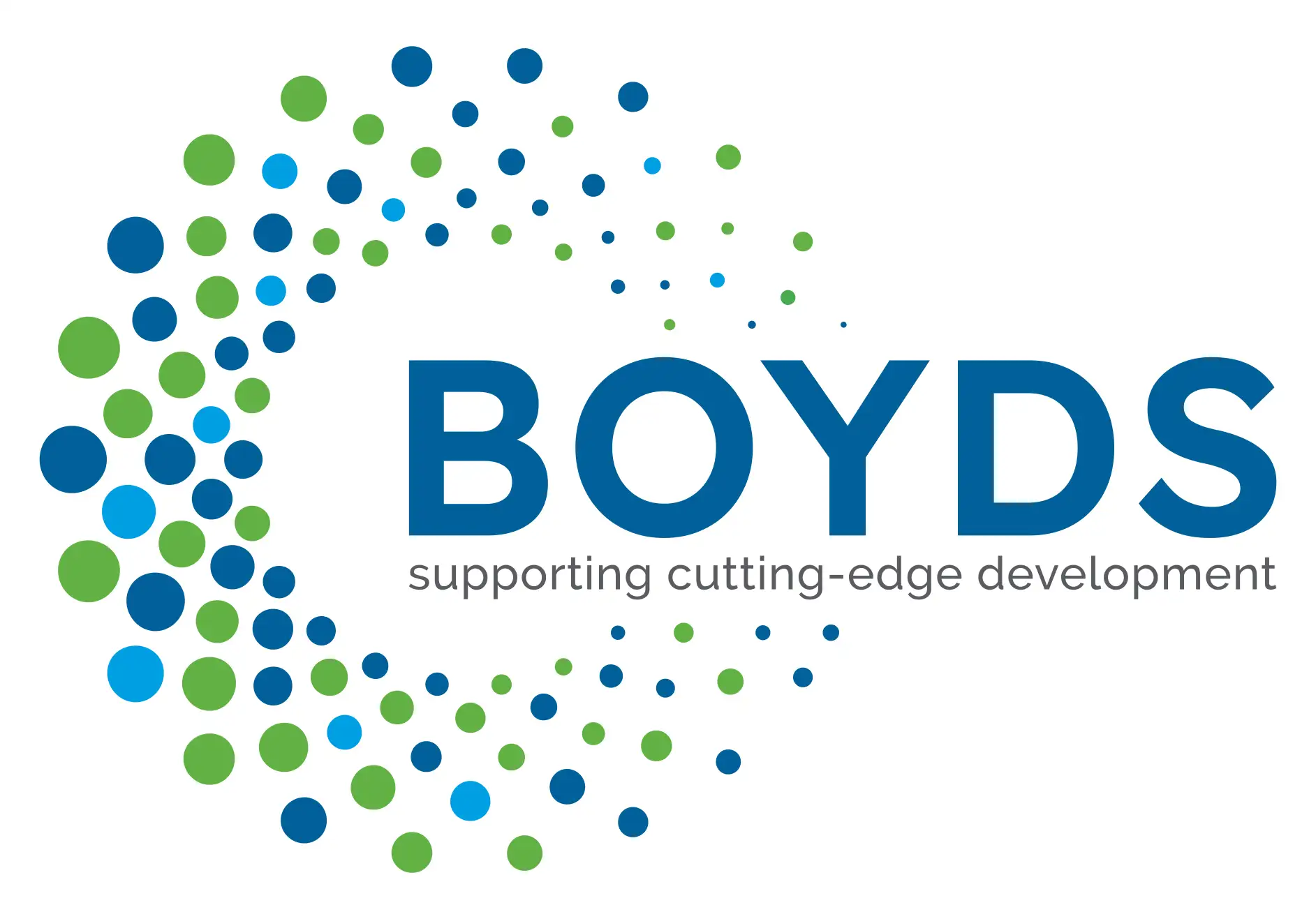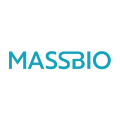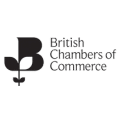For many early-stage and start-up biotech companies, a key consideration is how to prepare to be investor ready, to raise the funding required to progress product development programs.
Competition for investment is now fiercer than ever, with investors often receiving hundreds of pitch decks every week. Many companies fall at the first hurdle because their proposition is not presented in a way that captures the attention of potential investors.
In this guide, the experienced team at Boyds answers questions frequently asked by early-stage biotech companies and start-ups, on how to become investor ready and maximise their chances of successfully raising funds.
For further support, the team at Boyds aids early-stage and start-up companies with the preparation needed to ensure investor readiness, which we offer through our B-Investor Ready service.
 How do we identify the right investors?
How do we identify the right investors?
The first step is to review investor websites and ascertain their current interests. Investors may be interested in putting their money into therapeutic programs within a specific therapeutic area, a new, cutting-edge treatment modality, MedTech (devices, diagnostics, wearables, etc), or AI and their priorities change over time, often aligned with trends in the external environment. It is important to carry out this pre-screening work to ensure you are targeting the most relevant investors as well as the right funds. You can then tailor your message accordingly. Keep in mind that investment trends are cyclical and if there is a market opportunity that aligns with your technology or areas of interest, sit tight – investor interest is likely to come back around.
What are investors looking for in our pitch deck?
Essentially, investors want to understand the problem you are trying to solve, how you are trying to solve it, and exactly what the investment opportunity is; how you plan to spend the monies raised; what the next inflection points are, and how and when they might expect to see a return on their investment.
Your pitch deck should be concise and succinct, with the science presented in a visually impactful and compelling way. It can be easy for early-stage companies to focus too much on the science rather than on topics such as the unmet medical need, how your product will be positioned in the market, the regulatory pathway to the near- and medium-term inflection points, and the realistic commercial potential, avoiding unhelpful statements about the global market for a particular disease, of which any new product will be able to command a tiny fraction. In terms of the science, potential investors want to understand the issue your product will address, how it works/its mechanism of action – in lay scientific terms, comparative data ideally vs. the current standard of care/market leader, the extent you have protected the IP, and what the competitive environment looks like now and will look like when your product launches.
A pitch deck that is carefully tailored to its audience is more likely to stand out and resonate with investors.
Preparing a Q&A document for investors can be beneficial, helping to present a clear, comprehensive narrative. Market research is also important to help set out the business case.
How can program management support, help us become investor-ready?
Professional program management support will facilitate the building of a granular, integrated development plan underpinning the high-level overview presented to potential investors to provide them with a clear view of ongoing and planned activities within the program. This solid foundation will enhance the credibility of the timelines presented, ensuring that questions regarding the cost of R&D activities and the timing of the key nonclinical, clinical and regulatory milestones within the program, and the key inflection points can be answered with confidence, improving the likelihood of investment.
Who should be on our pitch presentation team?
Selecting the right presenters is a key consideration when preparing for an investor pitch. Sometimes, the best person to tell the story isn’t the company’s CEO or founder. For example, it could be the CFO, who may be better placed to articulate the market offer.
Moreover, early-stage biotechs usually have small teams. Working with external consultants who can provide seasoned industry experts to take senior roles such as interim Chief Medical Officer, interim or consultant Chief Development Officer, or Program Director, on a consultancy basis, can present key parts of the pitch and participate in the Q&A, strengthening your position with investors, adding credibility to bolster your message, as well as offering invaluable expertise and insights for your program.
What should our data room look like?
A complete and well-organized data room is crucial for successfully traversing technical due diligence. Your data room should be set up in a simple, clear, and logical manner, with sub-folders and the files within them clearly labeled and all information easily accessible.
Do we need to work with external consultants to help us become investor-ready?
Having experienced consultants on board who have previously supported companies during fundraises can be invaluable. With an understanding of what venture capital firms and investors want to see, from a due diligence perspective, and the ability to help you to de-risk your program, and ensure that your asset is presented to investors in a clear and compelling way, enhancing the prospects of a successful fundraise.
How Boyds can help you become investor-ready
The Boyds team brings a wealth of experience in supporting early-stage companies and knows what investors are looking for, how to approach the fundraising process, and how to develop and deliver a compelling pitch that will resonate and help to attract investment.
At Boyds, we provide coaching, advice and support, helping you to prepare for your presentation e.g., reviewing and critiquing your pitch deck, and asking you the all-important questions that will be asked in the pitch room. Our program directors will interrogate and help to revise your R&D program and timelines, as well as advising on how to structure your data room for due diligence. In summary, Boyds will help you to prepare to be investor-ready; you will benefit from having access to a highly experienced team focused on supporting you through the fundraising process, and beyond.
Find out more about how the team at Boyds can help here or get in touch.








